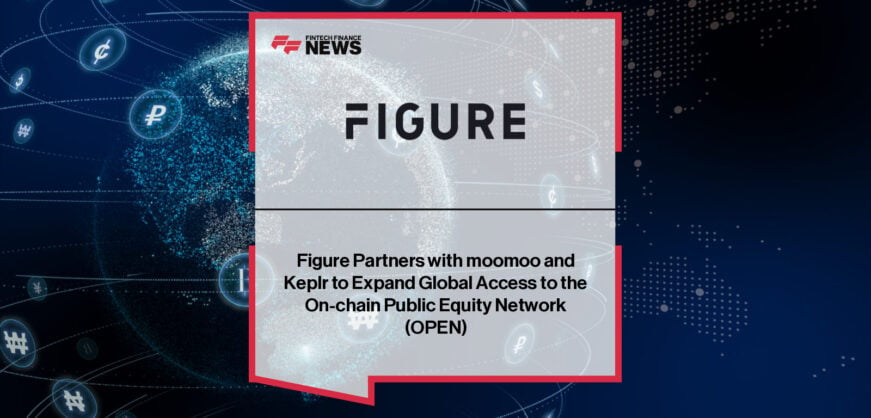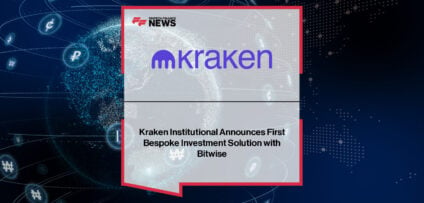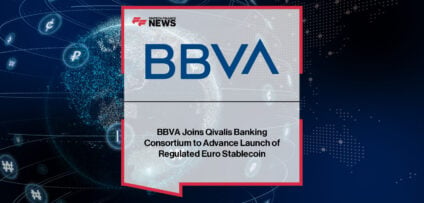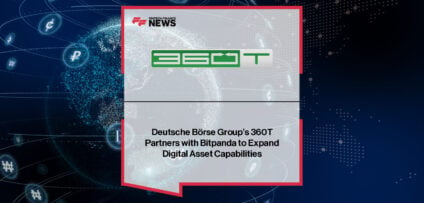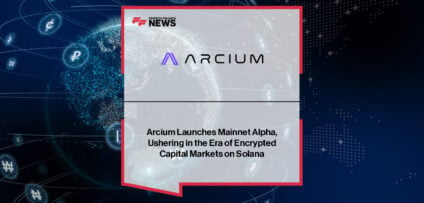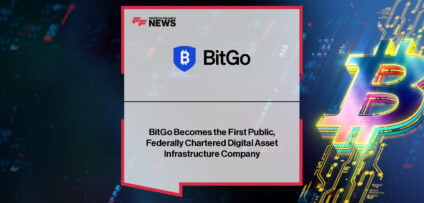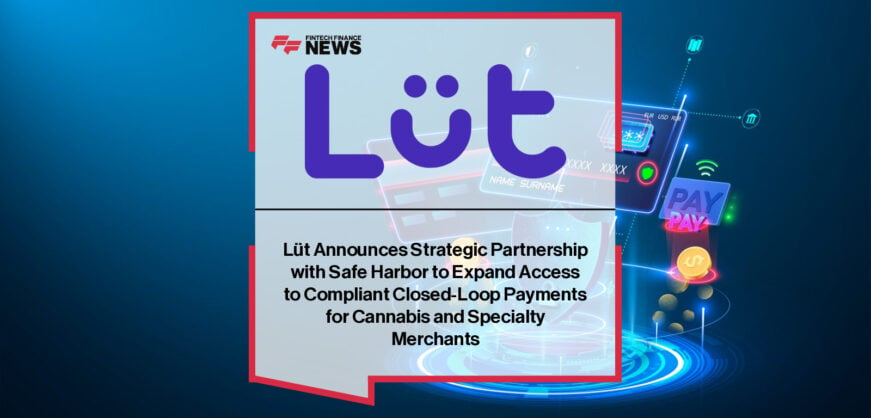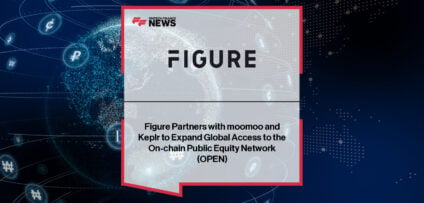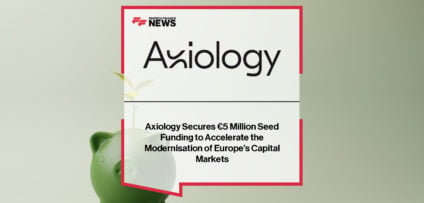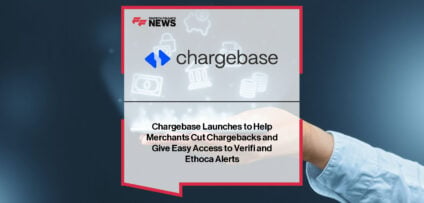Breaking News

DeFi Regulation – Enforcement-First Approach
DeFi regulation is likely to face strong stonewalling. Just recently, Elizabeth Warren, an influential US senator, voiced her concerns about DeFi being “the most dangerous part of the crypto world.” Senator Warren’s sentiment is not alone.
DeFi, aka decentralized finance, represents a significant technological step forward and is causing upheavals with legislative and regulatory bodies worldwide. The fast-changing landscape backdrop to DeFi makes it hard for lawmakers and regulators to follow and fully understand how it functions and what its broader industry implications are.
DeFi uses the power of blockchain-based smart contracts to automatically execute a predefined set of financial transactions and facilitate various kinds of use-cases including margin trading, derivatives, and general lending/borrowing. Blockchain technology – far evolved since its early days – has been nearing a point of massive adoption more and more.
DeFi Market
DeFi is a system by which financial products become available on a public decentralized blockchain network. In doing so, DeFi platforms allow anybody anywhere on the planet, to access liquidity without having to go via middlemen, such as brokers or banks – and in a more transparent and efficient manner, with shorter onboarding. This is a pure peer-to-peer interaction, or, in some cases, only with software-based virtual middlemen – no corporate entities exist to facilitate transactions.
Given the intricate web of financial regulations, especially in the case of corporations and companies that deal with fintech, the DeFi market is anything but clear from a regulatory perspective. The current regulatory landscape of DeFi is minimal and in most cases not defined. However, given its sheer size – a total locked value of over $90 billion – and rapid growth of almost 1000% between 2020 and 2021, it is reasonable to assume that regulation will soon come.
From Blockchain Regulation to DeFi Regulation
Even though much has been said on the subject of blockchain regulation, there are no unified coherent global approaches yet. This is most likely because it’s difficult for regulators to understand all of the underlying technological implications and minute details. And, various areas in which blockchain is used by a huge plethora of multi-leveled industry actors just make it more complicated – more industries mean more regulators means more delays.
However, what most regulators do understand are finance and financial regulation. What’s more, financial regulators are more likely to act first and ask questions later in order to protect market integrity and consumer trust. Because of the nature of regulators’ understanding, it is more likely for DeFi regulation to take shape before other blockchain-related areas.
Enforcement Ahead
With the explosion of popularity of digital currencies in the past decade, ever since the inception of the bitcoin blockchain 13 years ago, there has been a steady rise of cryptocurrencies. As of November of 2021, there are over six thousand different cryptocurrencies out there! Now, because there isn’t a unified approach in blockchain regulation there is a logical lack of regulatory clarity with cryptocurrencies as well.
Don’t be confused here – even if digital currencies could be mistaken for conventional electronic money, the two are very much different. While some similarities do exist, like both being non-corporeal, there are high levels of differentiation when it comes to regulation. Cryptocurrency isn’t nearly as neatly ordained as electronic money.
Ascertaining the existence of these gaps in the legislative framework is the first step towards preparing for them. Going against the grain in this area is most imprudent and could end up being quite costly.
For example, in the case of BitMEX, a cryptocurrency derivatives trading platform, which had to pay $100 million for violating AML regulations. Or, similarly, in the case of the Poloniex trading platform which was hit with a $10 million fine for “choosing increased profits over compliance with federal securities laws.”
Given DeFi’s status as an emerging technology, and lack of regulatory clarity, it is likely that regulators will broach the matter from an enforcement-first perspective as well – especially in light of how cryptocurrencies were treated. This sentiment resonates both within FINRA, which regulates US broker-dealers, and the CFTC – the Commodity Futures Trading Commission. The enforcement-first approach is justified in the name of investor protection and the need to respond to emerging trends.
Former New York State Department of Financial Services executive deputy superintendent Matthew Homer believes that enforcement is much more likely to be the first recourse before any robust regulatory frameworks are put in place. However, the official also believes that this time is one of opportunity and that DeFi regulation could arise as a consequence of decentralized finance platforms stepping forward and proposing effective frameworks.
Still, until such a time, caution remains the name of the game. To best navigate this unregulated landscape, it is crucial to invest in compliance management and proper internal policies from the inception of business operations.
Cryptocurrency Compliance
In addition to the overall necessity of high standards of compliance with regulatory frameworks, it is important to take into account the specifics of cryptocurrencies and blockchain assets.
InnReg helps companies navigate the crypto blockchain asset space with proper registrations and effective workflows, processes, and cybersecurity actions. InnReg has been helping companies leverage our expertise and know-how since 2014.
Additionally, InnReg helps companies achieve optimal levels of established corporate operational compliance within decentralized finance space. DeFi platforms, specifically, are presented with the heavy task of devising highly specific compliance programs that can overcome unique challenges. And, all of this while safeguarding users and assets and providing robust protection from risk and liability in general.
Get in touch today and find out how InnReg can help your company achieve a balance of risk minimization and profit maximization.
Companies In This Post
- Lüt Announces Strategic Partnership with Safe Harbor to Expand Access to Compliant Closed-Loop Payments for Cannabis and Specialty Merchants Read more
- Figure Partners with moomoo and Keplr to Expand Global Access to the On-chain Public Equity Network (OPEN) Read more
- OneDome Raises $25M Pre-Series C, Bringing Total Funding to $40M Read more
- intelliflo and Söderberg & Partners Form Strategic Partnership to Drive Adviser Efficiency Read more
- Axiology Secures €5 Million Seed Funding to Accelerate the Modernisation of Europe’s Capital Markets Read more





